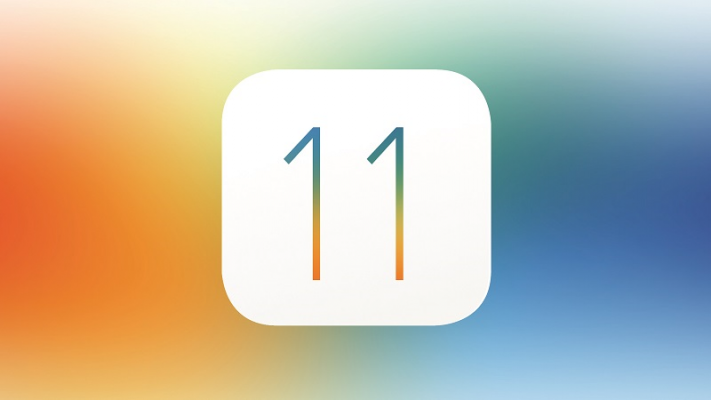Just before the end of March, Apple released the very first version of iOS 10.3. And with it, a plethora of new features available to iPhone and iPad users. However, this incremental iOS update is just a precursor to some major changes happening to iOS. Most important of which is the move from a 32-bit system to a 64-bit one. While the iOS 10.3 will serve as a warning for 32-bit app users, iOS 11 will definitely put a stop to older legacy applications, according to reports.

According to a Twitter post from an Apple developer, iOS 11 will not have 32-bit application support at all. This means that older or legacy applications will need to be updated or run the risk of removal from the App Store.
Devs: I’m hearing very clearly iOS 11 won’t have 32bit app support at all. Update legacy apps now if you want them to survive past September
— Steve T-S (@stroughtonsmith) April 8, 2017
//platform.twitter.com/widgets.js
(…and it sounds like future A-series chips won’t even include 32-bit support. Wonder if that’ll free up any performance/die space?)
— Steve T-S (@stroughtonsmith) April 8, 2017
//platform.twitter.com/widgets.js
For those who are unaware, Apple has started the drive for 64-bit applications since iOS 9. However, at the time, there were no penalties involved and Apple did not strictly enforce the ruling. However, now that the iOS 10.3 is out, users with older 32-bit apps are getting notified for future incompatibility.
At the moment, rumor has it that Apple will introduce the new iOS version in June; during the Worldwide Developers Conference (WWDC 2017) in San Jose, California. A few months after that, possibly September, it will be released together with the upcoming iPhone updates.
On release, an estimate of 200,000 iOS applications will become obsolete. Also, 32-bit devices like the iPhone 5C and older, will not be able to update the new iOS version. This is due to the fact that these older phones run only on 32-bit systems.
iOS 11 will bring in more value-added features to future Apple mobile devices. The most controversial of which is the rumored support for augmented reality or virtual reality. Nevertheless, it means developers would still need to update older applications in order to continue running on the new iOS version.
